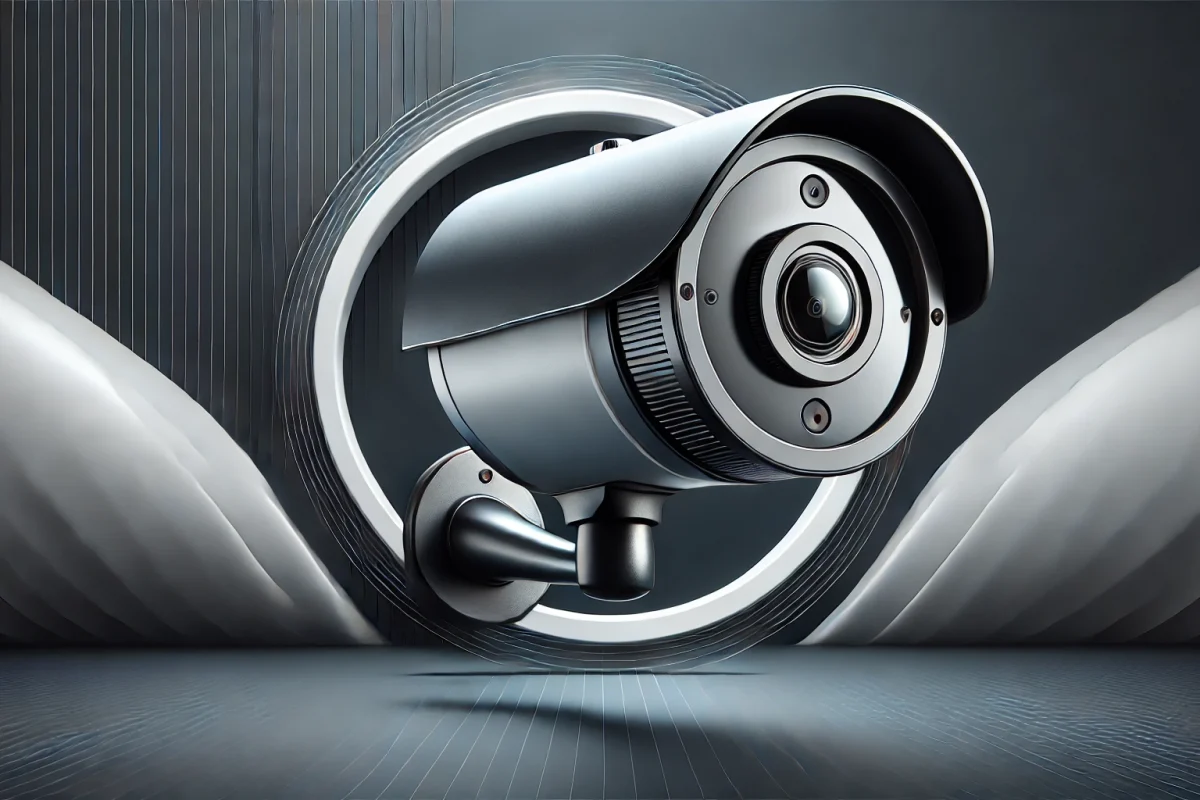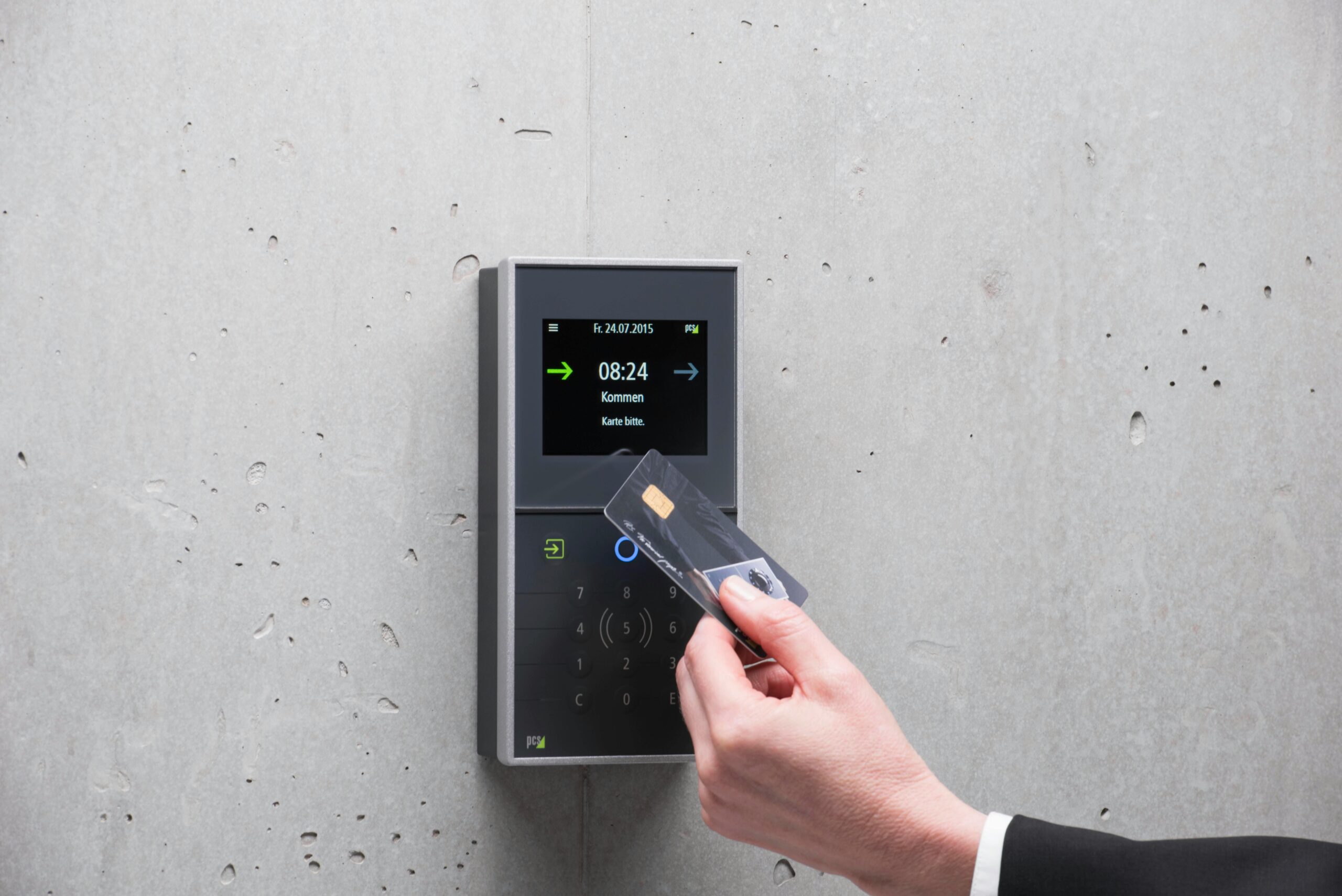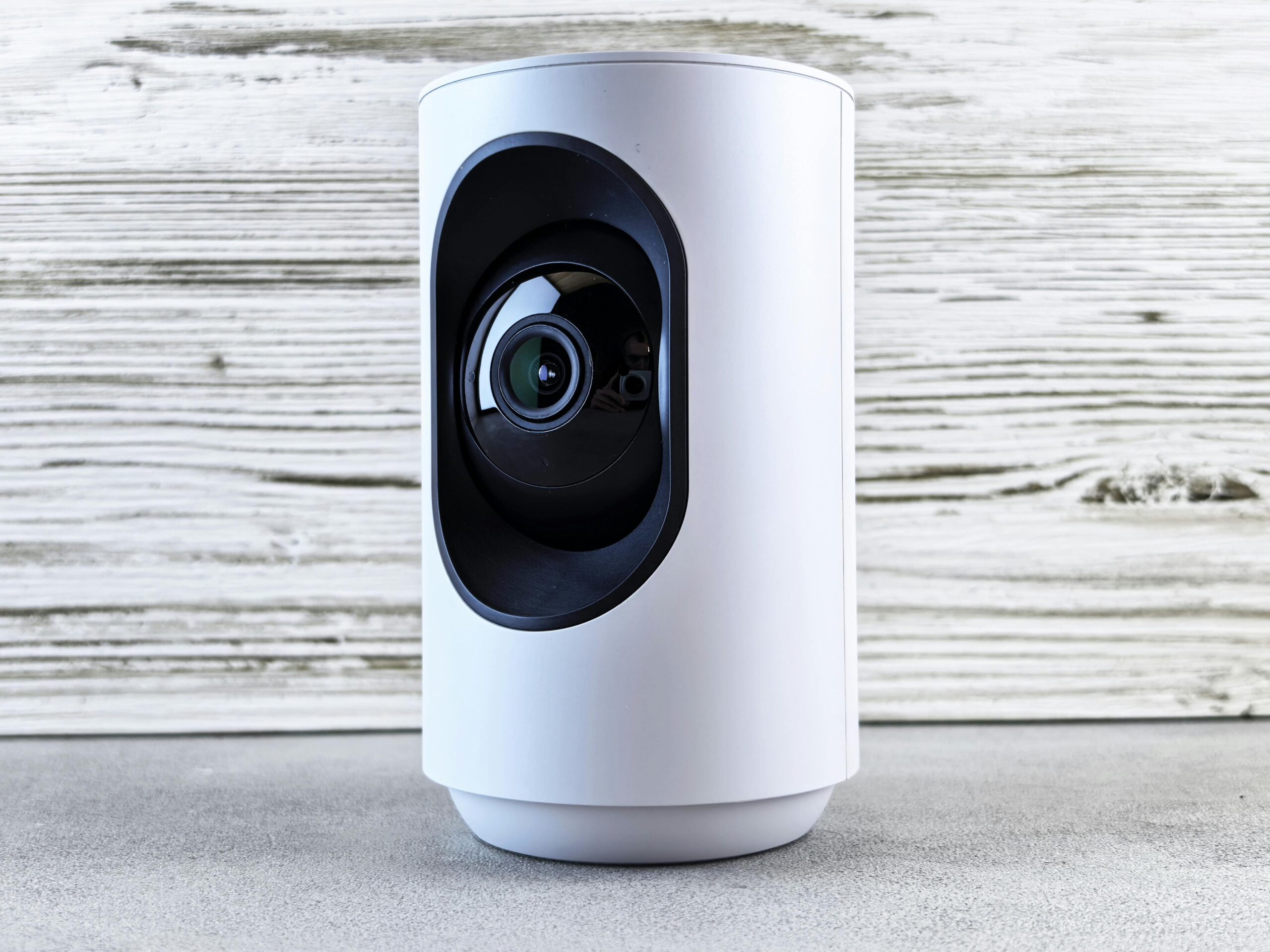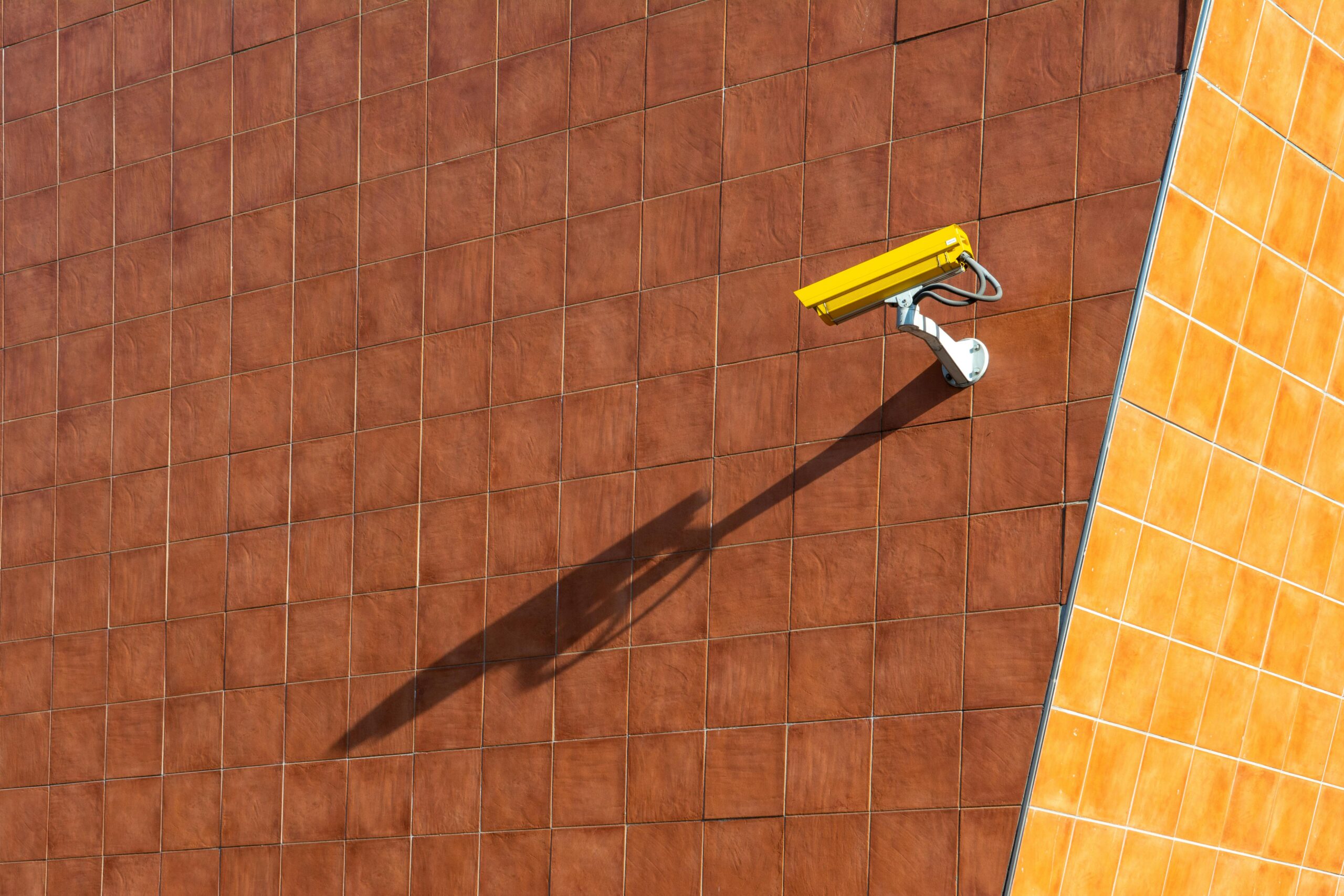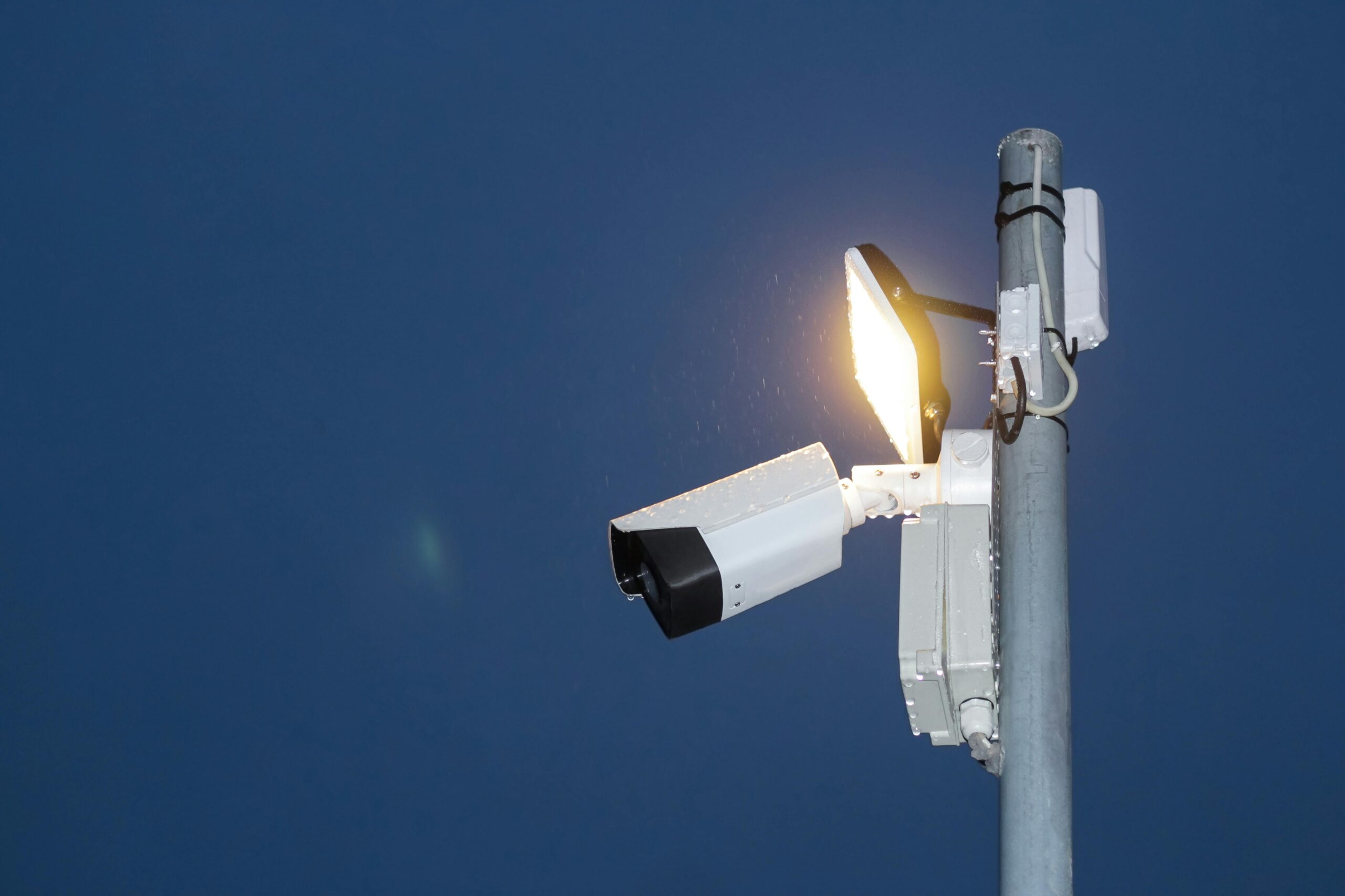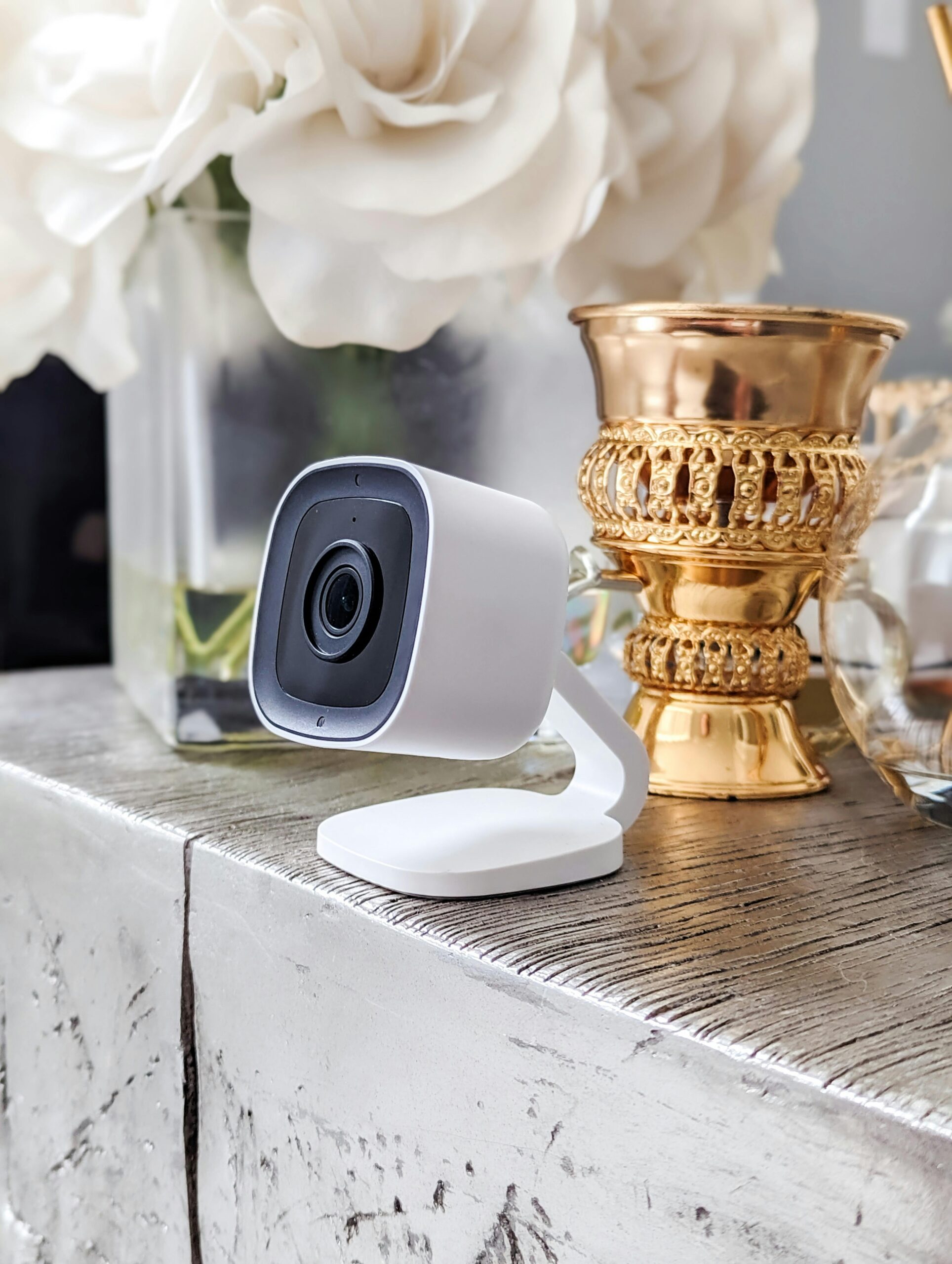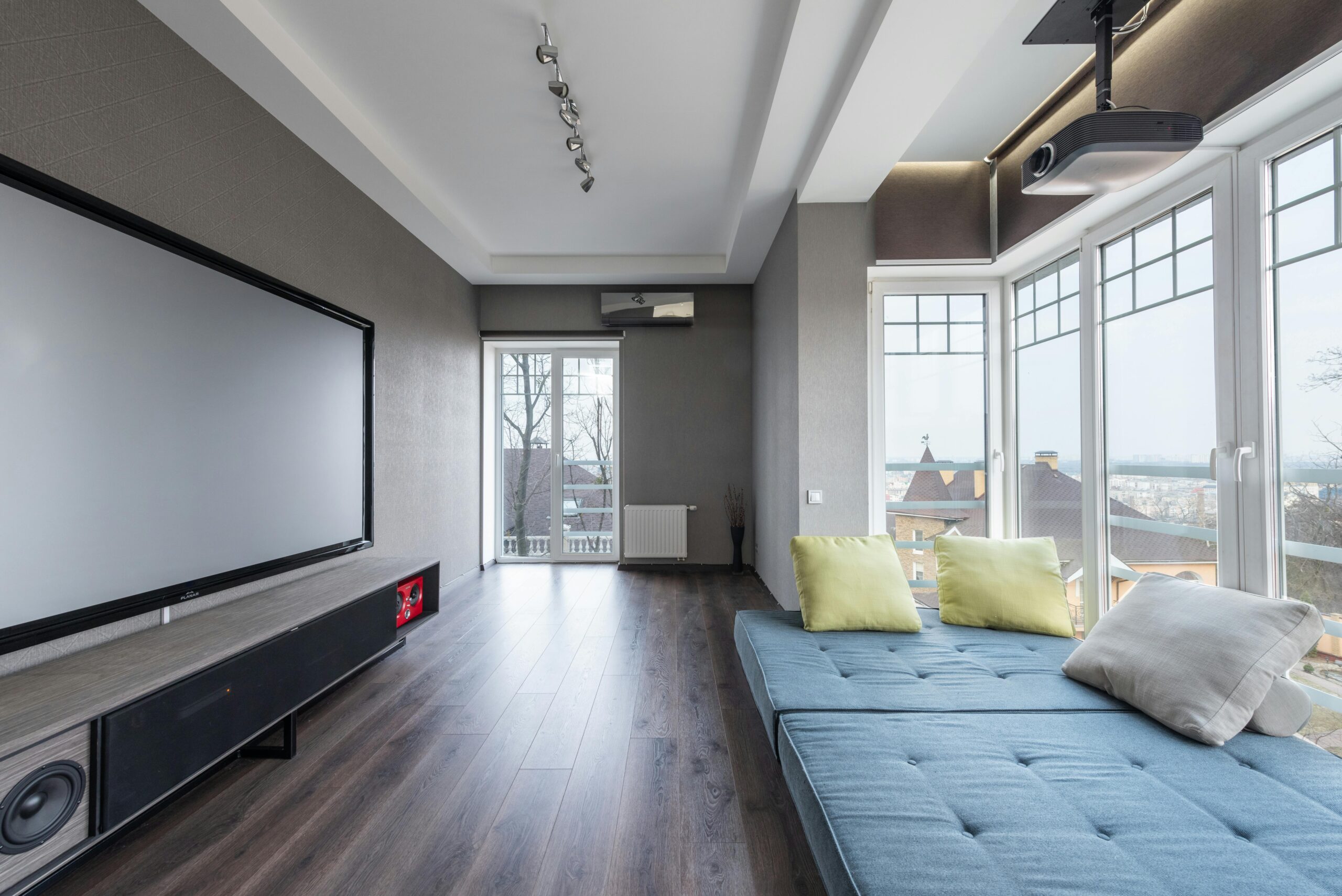Introduction
In today’s world, security surveillance cameras have become essential tools for safeguarding homes, businesses, and public spaces. From deterring crime to providing peace of mind, these systems serve as the first line of defense against potential threats. But with so many options on the market, choosing the right system can feel overwhelming. This guide breaks down everything you need to know about security cameras, including the types, features, and key benefits, so you can make an informed decision.
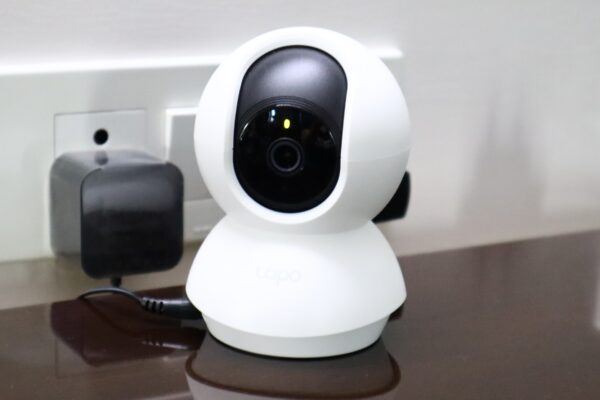
Indoor Camera
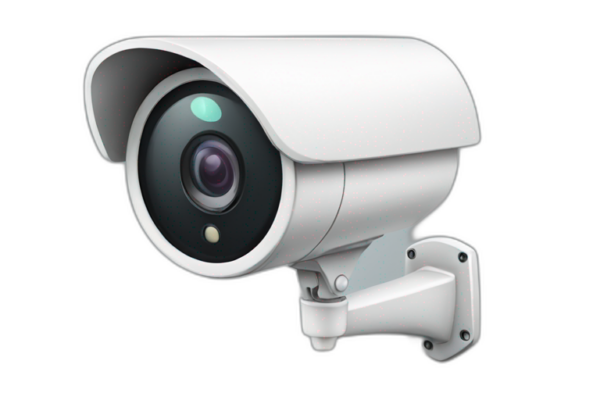
Outdoor Camera
Outdoor cameras, by contrast, are made to withstand the elements with durable, weather-resistant casings. Many feature night vision or infrared capabilities, providing reliable, round-the-clock security for building exteriors and open areas.
Types of Surveillance Cameras
Not all surveillance cameras are created equal. Knowing the different types helps you choose the right fit for your unique security needs.
01.
Guaranteed results
Indoor vs. Outdoor Cameras: Outdoor cameras are built to withstand weather conditions, while indoor cameras prioritize compact design.
02.
Perfect implementation
Dome, Bullet, and PTZ (Pan-Tilt-Zoom) Cameras: Dome cameras blend into surroundings and discourage tampering, bullet cameras offer high visibility for deterrence, and PTZ cameras allow remote adjustment to cover larger areas.
03.
International experience
Wired vs. Wireless: Wired systems offer reliable connections but may be harder to install, whereas wireless cameras provide easy setup and more flexibility.
Key Features to Look for in Security Cameras
Choosing the right security camera requires understanding which features will offer the most value for your needs:
- Resolution and Image Quality: High-definition (HD) or even ultra-high-definition (4K) cameras are ideal for capturing detailed images, which is crucial for identifying individuals.
- Night Vision and Infrared Capability: Cameras with infrared sensors or night vision capabilities provide clear images in low-light conditions, making them effective 24/7.
- Motion Detection and Alerts: Many modern systems offer customizable motion detection zones and real-time alerts, ensuring you’re always in the know.
- Storage Options: Look for cameras with flexible storage, either on a cloud-based system for easy access or local storage for enhanced data privacy.
- Remote Access and Integration: Smartphone apps and smart home integrations allow you to monitor your property from anywhere, adding convenience and peace of mind.
Benefits of Security Surveillance Cameras
Security cameras do more than just monitor—they actively improve safety in the following ways:
- Deterrence of Crime: Studies show that visible cameras are effective at deterring criminal activity, as they signal that a property is being monitored.
- Real-Time Monitoring: With live-feed capabilities, you can keep an eye on your property at all times, ensuring quick response in case of an incident.
- Evidence Collection: Security footage serves as crucial evidence in investigations, aiding law enforcement in identifying suspects and clarifying events.
- Insurance and Liability Reduction: Many insurance providers offer discounts for properties equipped with security systems, helping to lower premiums and mitigate liability.
Common Misconceptions and Challenges
While security cameras are powerful tools, it’s important to address some common misconceptions and challenges:
- Privacy Concerns: A major concern is balancing security with privacy. Installing cameras in sensitive areas like bathrooms or private spaces may violate privacy laws and trust.
- Maintenance and Upkeep: Surveillance cameras require occasional maintenance to stay effective. Dusting lenses, checking connections, and updating firmware are all part of a well-functioning system.
- False Sense of Security: Cameras enhance security but aren’t a standalone solution. Integrating cameras with other measures like alarms and access control systems ensures a well-rounded security plan.
Security surveillance cameras play an invaluable role in protecting homes and businesses by providing constant monitoring, deterring crime, and collecting crucial evidence. By understanding the types, features, and benefits of these cameras, you’re better equipped to choose a system that will meet your needs and offer peace of mind. Remember, security cameras are an investment in safety, so consider consulting with experts to ensure the best setup for your environment.

